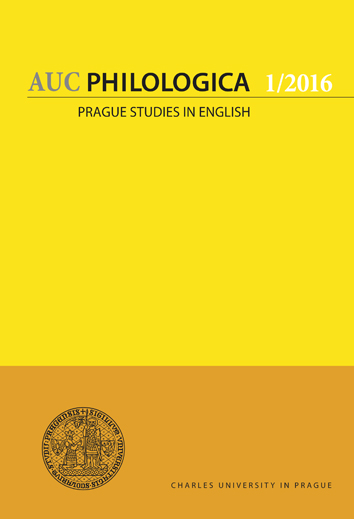Metafictionality, Intertextuality, Discursivity: Ian McEwan’s Post-Millennial Novels
Metafictionality, Intertextuality, Discursivity: Ian McEwan’s Post-Millennial Novels
Author(s): Zdeněk BeranSubject(s): Language and Literature Studies
Published by: Univerzita Karlova v Praze, Nakladatelství Karolinum
Keywords: contemporary British novel; Ian McEwan; discourse; Foucault; intertextuality; metafiction
Summary/Abstract: In his twenty-first-century novels, Atonement, Saturday, Solar and Sweet Tooth, Ian McEwan makes ample use of narrative strategies characteristic of postmodernist writing, such as metafictionality, intertextuality and discursive multiplicity. This article discusses how this focus distinguishes his recent novels from earlier ones. Thus Sweet Tooth is read as a text which includes the author’s attempt to revise his own shorter texts from the onset of his career in the mid-1970s. The use of parallelisms and allegory in McEwan’s 1980s novels The Child in Time and The Innocent is then contrasted with more complex strategies in Saturday and Solar. Special attention is given to the thematization of the role of discourse in Solar; it is argued that the novel is not just a satire on modern science and its corruption by commercialization but also a reflection of “ontological relativism” as a product of prevailing contemporary discourse formations.
Journal: Acta Universitatis Carolinae Philologica
- Issue Year: 2016
- Issue No: 1
- Page Range: 123-135
- Page Count: 13
- Language: English

